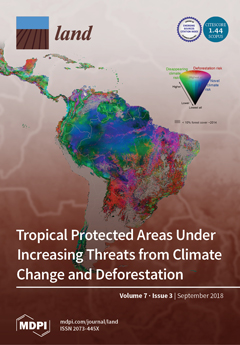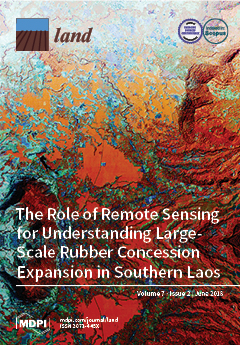Long-term impact of rainfed agricultural land abandonment on soil erosion in the Western Mediterranean basin
Land abandonment is widespread in the Mediterranean mountains. The impact of agricultural abandonment results in a shift in ecosystem evolution due to changes in soil erosion, but little is known about long-term soil and water losses. This paper uses 11 years of measurements in two paired plots (abandoned vs control) with four subplots to determine how soil and water losses evolved after abandonment within an agricultural parcel. For two years (2004–2005) both plots were under tillage, and after 2006 one plot was abandoned.




